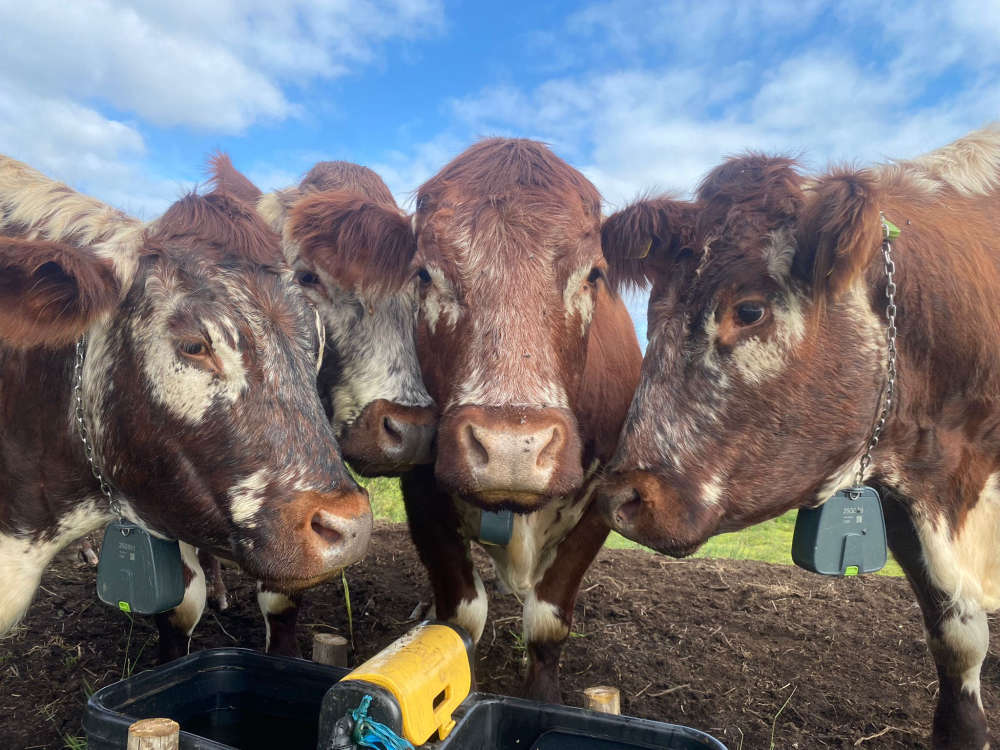
A pioneering conservation project using satellite collars could transform how threatened landscapes are managed in Lancashire
Lancashire Wildlife Trust is working with the University of Essex in a pioneering new study exploring how virtual fencing technology can help restore the region’s most vulnerable habitats.
The trial will use NoFence GPS collars to manage cattle without traditional fencing, allowing livestock to graze freely within set boundaries monitored through an app. The collars issue an audible warning when an animal nears the edge of a designated zone.
The technology will be deployed across several sites in the North West, as part of a research project led by Lucy O’Reilly, the Trust’s conservation grazing officer and a master’s student in animal behaviour at Manchester Metropolitan University.
It marks a significant expansion of the Trust’s conservation grazing programme, which plays a crucial role in maintaining wetland, grassland and heathland ecosystems.
“Conservation grazing is vital for species that depend on open habitats,” said Lucy. “Without proper grazing, sites quickly become overgrown and unsuitable for species like lapwings, otters, orchids and butterflies. This technology allows us to fine-tune our grazing strategy in a way that benefits both livestock and biodiversity.”
The University of Essex is supporting the project by loaning 30 NoFence collars and providing data expertise.
Professor Edward Codling, an expert in animal movement at Essex, said: “This partnership will help us understand how virtual fencing can be used most effectively. We hope the results lead to improved outcomes for wildlife and land management practices in Lancashire and beyond.”
Traditional electric fencing can be costly and difficult to deploy over uneven or remote terrain. By contrast, GPS-based systems offer a flexible and scalable alternative, making it easier to manage large or diverse landscapes.
The collaboration could set a precedent for wider adoption of digital tools in environmental conservation, combining animal welfare, scientific research and ecological restoration.


 Man sentenced for antisemitic social media post hours after deadly Manchester synagogue terror attack
Man sentenced for antisemitic social media post hours after deadly Manchester synagogue terror attack
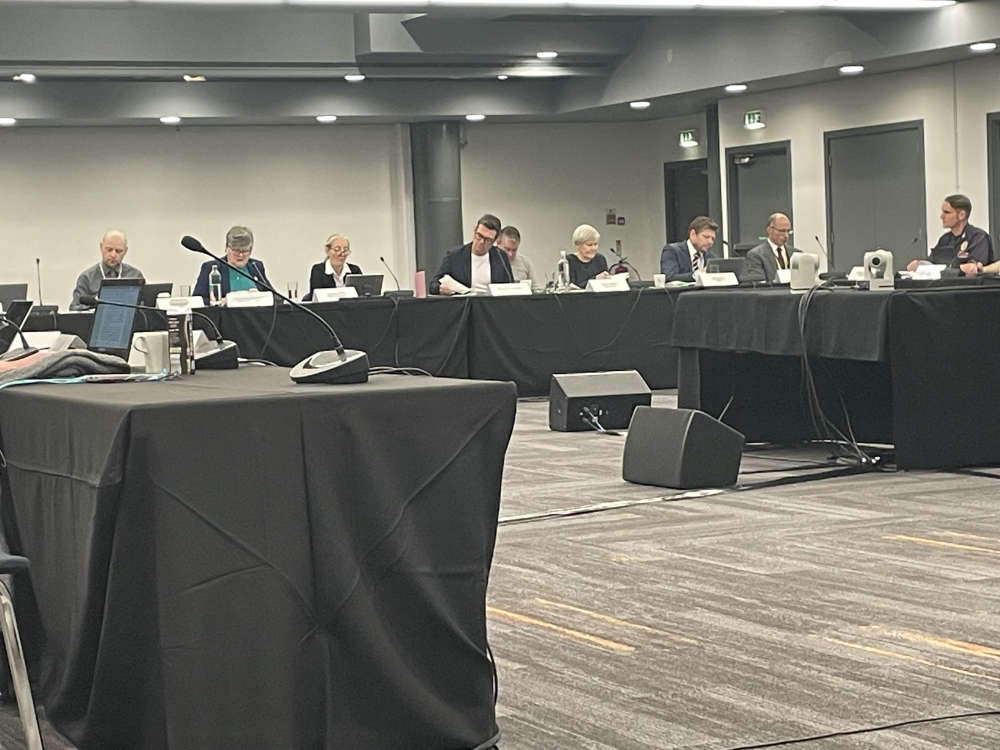 Lack of cash prompts Greater Manchester policing fears as Andy Burnham hits out at Government
Lack of cash prompts Greater Manchester policing fears as Andy Burnham hits out at Government
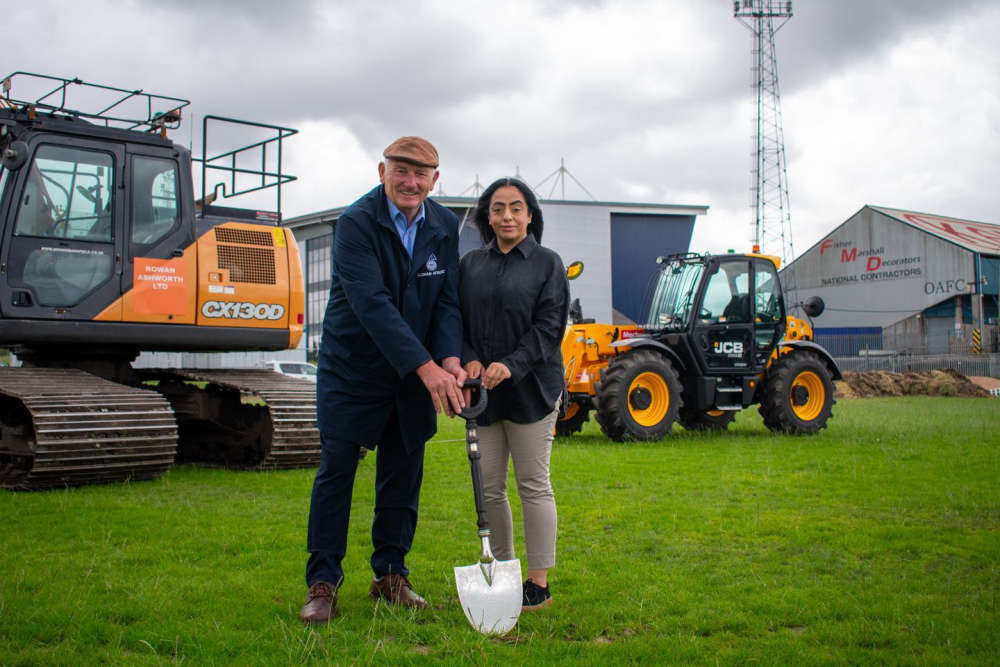 SportsTown project update
SportsTown project update
 Reform reports Labour to police over alleged misleading by election video
Reform reports Labour to police over alleged misleading by election video
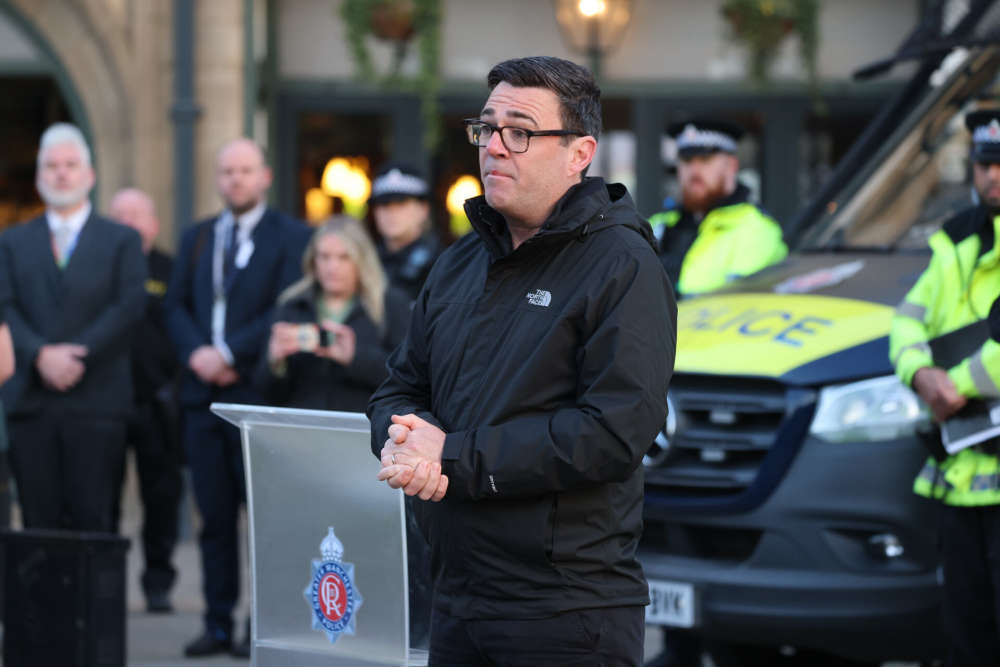 We asked 73 voters if they still back Andy Burnham – this is what they said
We asked 73 voters if they still back Andy Burnham – this is what they said
 Labour deputy leader launches by-election campaign
Labour deputy leader launches by-election campaign
 Eamonn O'Brien confirmed as one of the final two Labour candidates in the Gorton and Denton by-election
Eamonn O'Brien confirmed as one of the final two Labour candidates in the Gorton and Denton by-election
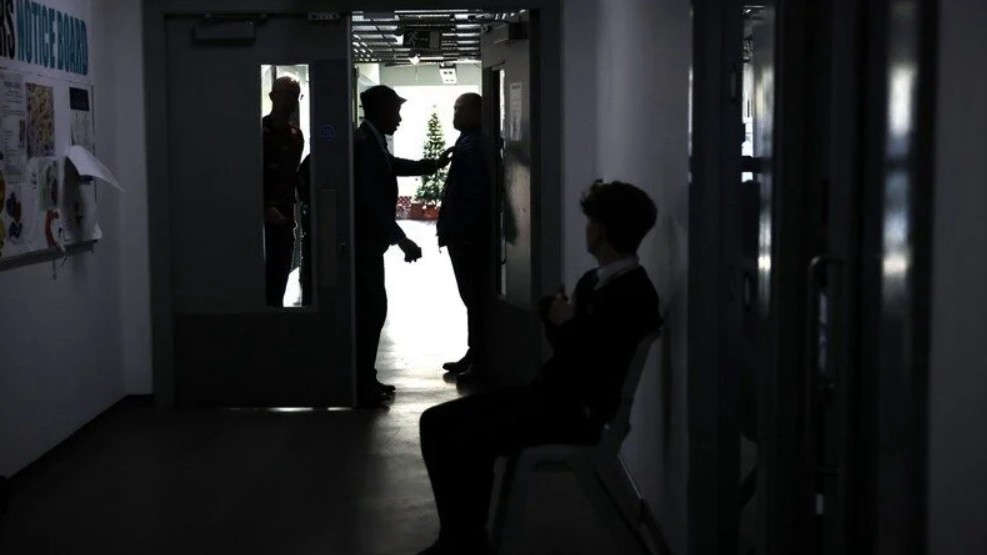 Councillors back free bus passes for homeless children as pressure mounts on Burnham
Councillors back free bus passes for homeless children as pressure mounts on Burnham




Comments
Add a comment